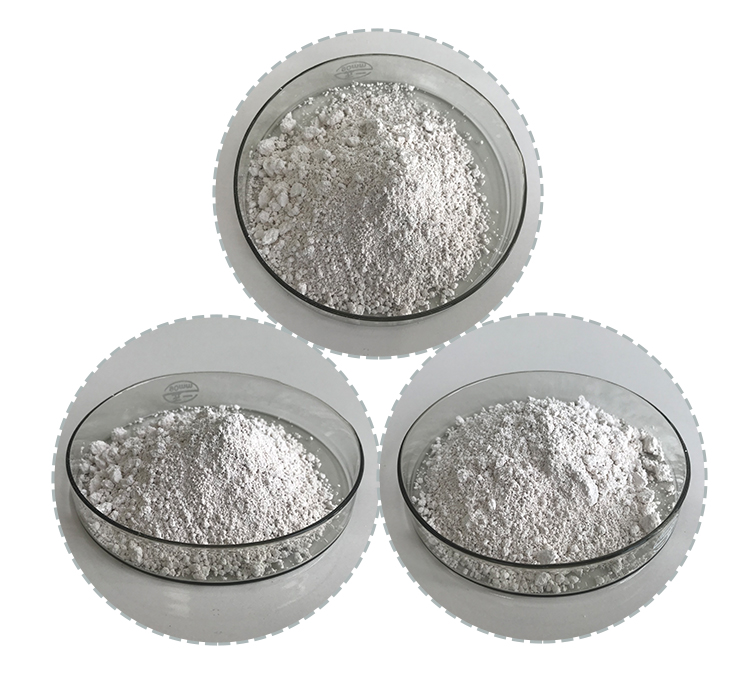Fenbendazole is a broad-spectrum anthelmintic medication used primarily in veterinary medicine to treat various parasitic infections in animals, particularly in dogs, cats, horses, livestock, and sometimes even in fish. Its mechanism of action involves disrupting the metabolism of parasites, leading to their death.
Application of Fenbendazole
Here are some key applications of fenbendazole:
1.Treatment of Worm Infections: Fenbendazole is effective against a wide range of internal parasites, including roundworms, hookworms, whipworms, and certain types of tapeworms. These parasites can infect the gastrointestinal tract, lungs, liver, and other organs in animals.
2.Veterinary Medicine: Fenbendazole is commonly used by veterinarians to treat parasitic infections in domestic animals. It is available in various formulations including oral suspensions, granules, and tablets, making it convenient for administration to different species and sizes of animals.
3.Livestock and Farm Animals: Farmers use fenbendazole to control and treat parasitic infections in livestock such as cattle, sheep, goats, and pigs. These infections can cause significant economic losses due to reduced productivity and growth rates in affected animals.
4.Horses: Fenbendazole is widely used in the equine industry to treat worm infestations in horses. Regular deworming protocols are often recommended to prevent the spread of parasites and maintain the health of horses.

5.Research and Experimental Medicine: Fenbendazole has also garnered attention in experimental and research settings, particularly in cancer research. Some studies have explored its potential as an anti-cancer agent, although its efficacy and safety in this context are still under investigation.
6.Off-label Use in Humans: While fenbendazole is primarily intended for veterinary use, there have been anecdotal reports of its off-label use in humans, particularly in alternative or complementary medicine circles. Some people have self-administered fenbendazole as a potential treatment for certain types of cancer or parasitic infections, although such usage is not supported by rigorous clinical evidence and should only be undertaken under the guidance of a qualified healthcare professional.
It’s important to note that while fenbendazole is generally considered safe when used as directed, improper use or dosage can lead to adverse effects in animals. Veterinary guidance should always be sought before administering fenbendazole or any other medication to animals. Additionally, any potential human use should be approached with caution and under the supervision of a healthcare provider.
Adverse effects of Fenbendazole
Fenbendazole is a broad-spectrum anthelmintic medication commonly used to treat parasitic worm infections in animals. It is generally considered safe when used according to the prescribed dosage and under the supervision of a veterinarian. However, like any medication, fenbendazole may have potential adverse effects. It’s important to note that individual reactions can vary, and not everyone will experience these side effects. Some potential adverse effects of fenbendazole include:
1.Gastrointestinal Disturbances: Fenbendazole can sometimes cause gastrointestinal upset, leading to symptoms such as nausea, vomiting, diarrhea, or abdominal pain.
2.Allergic Reactions: In rare cases, individuals may be hypersensitive or allergic to fenbendazole, resulting in symptoms like skin rash, itching, swelling, or difficulty breathing. If any signs of an allergic reaction occur, it’s crucial to seek immediate medical attention.
3.Liver Enzyme Elevations: There have been reports of increased liver enzyme levels in some animals treated with fenbendazole. Monitoring liver function may be recommended during prolonged or high-dose treatments.

4.Neurological Symptoms: High doses of fenbendazole have been associated with neurological symptoms in some animals, including dogs. These symptoms may include lethargy, ataxia (lack of coordination), and tremors.
5.Bone Marrow Suppression: Prolonged use of high doses may, in rare cases, lead to bone marrow suppression. This can result in decreased production of blood cells, leading to anemia, leukopenia, or thrombocytopenia.
6.Reproductive Effects: Some studies have suggested potential reproductive effects of fenbendazole, including decreased fertility in male animals. However, more research is needed to understand the full extent of these effects.
It’s important to use fenbendazole only under the guidance of a veterinarian who can determine the appropriate dosage based on the specific needs of the animal. Additionally, informing the veterinarian about any pre-existing health conditions or medications the animal is taking is crucial to avoid potential drug interactions or complications.
If you suspect that an animal is experiencing adverse effects from fenbendazole, it is essential to contact a veterinarian promptly. They can provide guidance on whether to continue, adjust the dosage, or discontinue the treatment based on the individual animal’s response.
